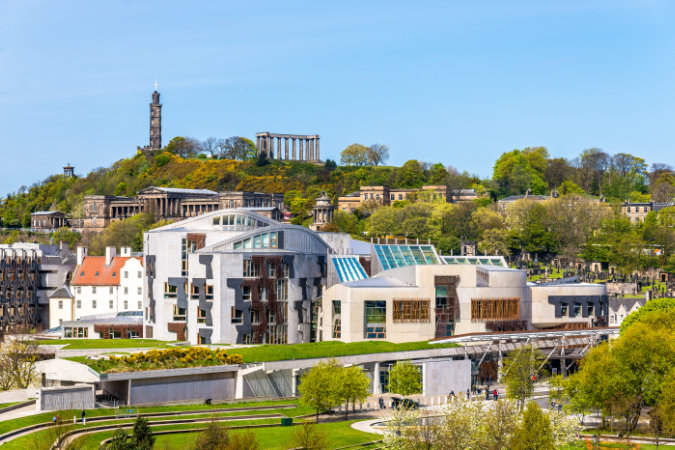The SLTA (Scottish Licensed Trade Association) has voiced deep concern over the Scottish Government’s tourist tax proposals after the Visitor Levy (Scotland) Bill passed its first legislative hurdle at Holyrood yesterday.
Colin Wilkinson, SLTA managing director, said he welcomed Public Finance Minister Tom Arthur’s pledge to hold talks with tourism and hospitality businesses and local government to explore how to develop the scheme but warned that its implementation would be yet another burden on a hard-pressed sector.
“At a time when businesses in the licensed trade are still recovering from the pandemic, struggling to find staff, finding ways to deal with soaring utility bills and, like the people who use their services, navigating the cost of living crisis, this is the last thing we need,” he said.
“You must also consider that tourists spending time in Scotland may well be on a fixed budget so making them pay a tourist tax could mean less money being spent in our pubs, bars, restaurants and hotels.
“It has been mentioned by some politicians that there are successful tourist tax schemes in Europe but in those 21 countries, tourists requiring accommodation do not have to pay 20% VAT. When the levy is introduced, visitors staying in Scotland will pay 20% VAT plus a tourist tax which will also be subject to VAT – a tax on a tax!”
Mr Wilkinson added that any new legislation needs to be flexible for businesses and that it is imperative that the hospitality sector is involved in all discussions. He said: “How can we be assured that the monies raised will be ringfenced for genuine tourism initiatives? We have already picked up that some local councillors are of the view that this extra revenue could help prop up other budgets within councils.”
He said: “Look at what happened with the deposit return scheme – we can’t allow flawed legislation to become the big story again.
“First Minister Humza Yousaf pledged to give us a ‘New Deal for Business’ but we’re seeing very little of that so far at a time when businesses across Scotland need support if they are to be part of efforts to rejuvenate communities, boost economic growth, and create jobs.”

